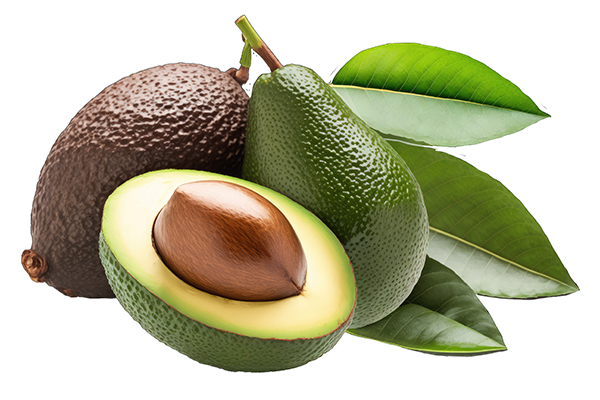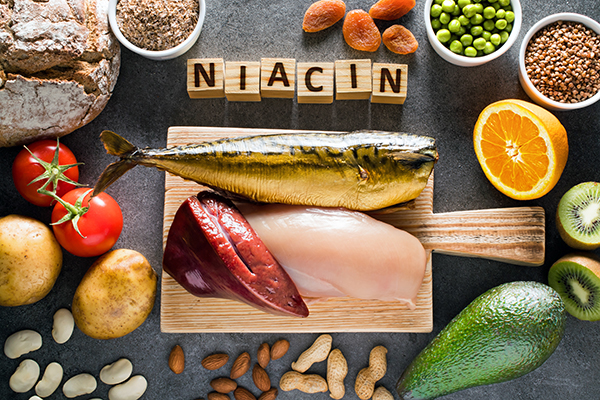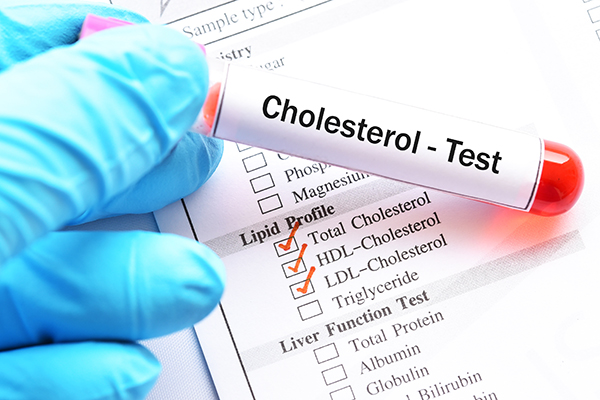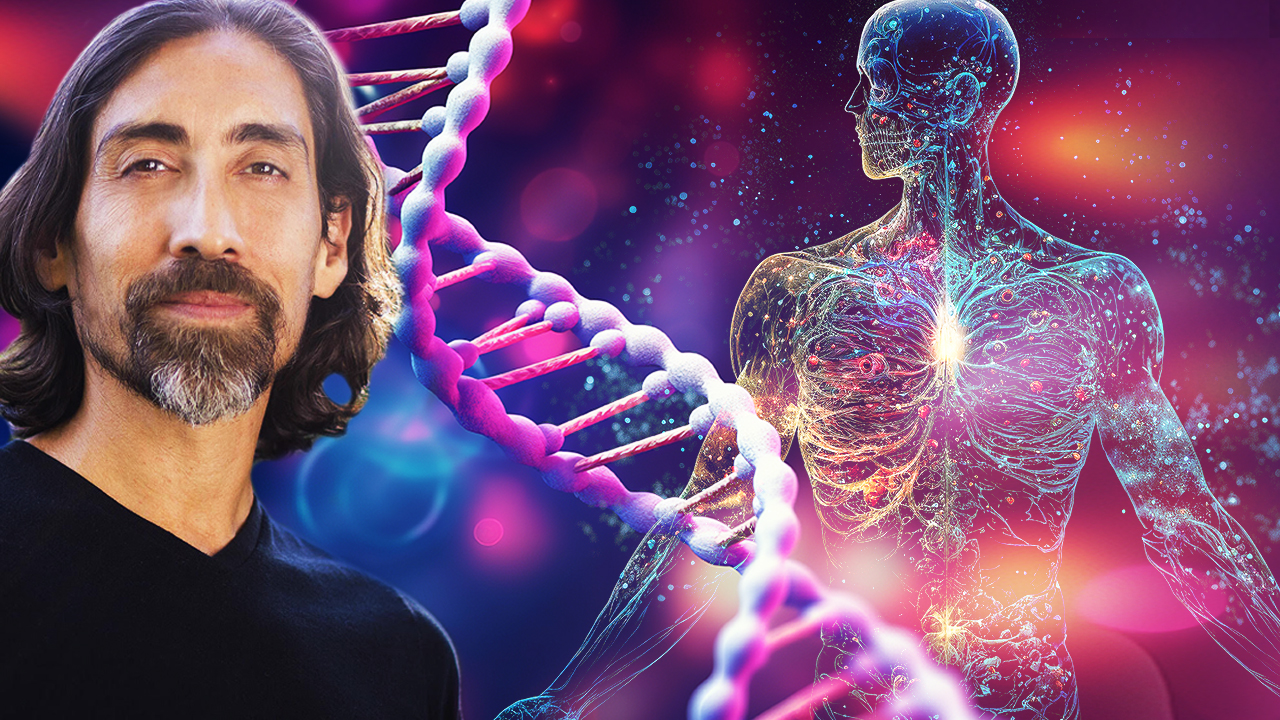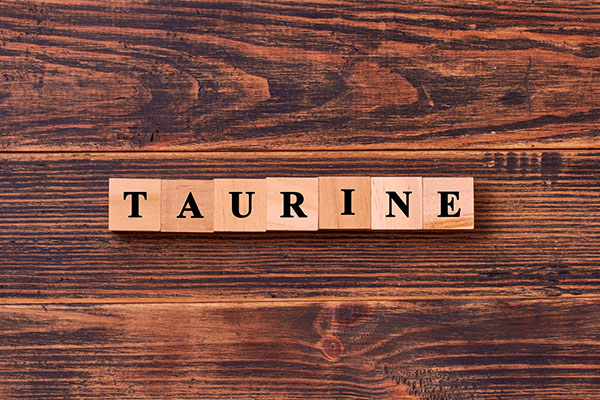New study suggests exercise is key to preventing COVID-19
09/26/2023 / By Zoey Sky

Many studies have proven that regular physical activity is important for your overall well-being. According to a recent study, exercise is also “the most important medicine” for the Wuhan coronavirus (COVID-19).
The study was published in the journal Current Sports Medicine Reports (CSMR).
As of September 2022, more than 6.4 million deaths globally have been attributed to COVID-19. Studies show that preventive measures implemented by the government, such as vaccines, boosters, social distancing, lockdowns and masking, have all been ineffective at protecting people from the disease. In fact, many who were fully vaccinated still got infected – sometimes repeatedly, like President Joe Biden – and experienced either mild symptoms or adverse outcomes, including extended hospital stays and death.
As health experts discover new COVID-19 mutations, many are becoming convinced that it’s time to focus on promoting exercise as a first-line strategy for preventing or treating COVID-19 and the so-called “long COVID.” A study published in the American Journal of Preventative Medicine suggested that “public health leaders should add physical activity to pandemic control strategies.”
The CSMR review found that “consistently meeting exercise guidelines” can help people reduce hospitalization due to COVID-19 by up to 42 percent; ICU admission by as much as 38 percent; and death by at least 83 percent across major demographic subgroups and those with and without chronic conditions. (Related: Study: People who exercise more tend to develop less severe COVID-19 symptoms.)
To date, more than 25 studies and a meta-analysis have reported that consistently inactive individuals experience more detrimental effects from COVID-19 than individuals who exercise regularly.
The CSMR study also revealed that at least 150 minutes of moderate-intensity weekly exercise, or 75 minutes of high-intensity weekly exercise, offered the most significant benefit, lowering a person’s risk of contracting COVID by 11 to 22 percent.
Stuart Hoover, a naturopathic practitioner, warned that most Americans are inactive and obese, so their immune systems are “not up to par.” Therefore, exercising regularly will do Americans a lot of good as it will help boost their immune function.
How physical activity benefits your organs
To learn more about the link between exercise and COVID-19 prevention, it’s important to understand the effect of exercise at the cellular level, starting with exerkines and their effect on all body systems.
Exerkines are signaling molecules released by skeletal muscle, brown adipose tissue, white adipose tissue, neurons, the heart and the liver in response to exercise.
These signaling molecules come in many forms, such as hormones, proteins, metabolites and nucleic acids. Exerkines have an important role in improving cardiovascular, metabolic, immune and neurological health.
Cardiovascular System
COVID-19 can compromise the cardiovascular system in several ways, such as by increasing the incidence of blood clots and high blood pressure. It can also cause inflammation in coronary arteries, which can speed up plaque formation and cause blockages in the heart.
In long COVID, inflammation allegedly causes problems with blood vessels that result in deep vein thrombosis, pulmonary embolism and bleeding events.
Regular physical activity has an anti-inflammatory effect, which may help relieve systemic heart tissue inflammation caused by COVID-19.
Respiratory system
The virus that causes COVID-19 enters your body through the respiratory tract. Once it infects cells, the virus replicates and spreads throughout the upper and lower respiratory tract.
To prevent COVID-19, you need healthy immune and respiratory systems.
Increasing aerobic capacity can help boost the immune system through three mechanisms:
- It increases the amount and activity of immune cells, including T lymphocytes, neutrophils, macrophages and monocytes.
- It increases immunoglobulin IgA, which, together with immune cells, can fight lung infections.
- It regulates inflammatory proteins with a short-term increase to protect against lung infections and a long-term decrease to inhibit a reduction in lung function.
Hoover explained that the more you can move blood, the more you can circulate robust immune cells. These immune cells can reach more areas of the body and find more bacteria and viruses to attack.
Physical activity can also produce antioxidative effects by releasing myokines. These proteins can protect against oxidative stress-related disease and benefit the respiratory system when battling COVID-19.
Neuroendocrine and nervous system
Neurological consequences of COVID-19 can be mild to severe, ranging from headaches and loss of smell to hemorrhagic stroke and Guillain-Barre syndrome. Some autopsy reports also revealed widespread brain lesions in the COVID-19 fatalities.
Specific exerkines released during exercise can boost the growth and development of brain tissue and improve mood and cognition. This makes physical activity a helpful tool in negating the detrimental effects of COVID-19 and long COVID.
Immune system
A healthy immune defense is key to protecting yourself against COVID-19. Individuals with a delayed or weak immune response can experience both pronounced COVID-19 symptoms and long COVID.
The T cell-mediated adaptive immune response is a major determinant of the clinical outcome of SARS-CoV-2 infection. The thymus gland produces T-cells, and the highest T-cell production happens in childhood. In time, the gland is almost entirely replaced with fat tissue.
T-cells can survive as they are stored in the lymph nodes. They become active when an antigen is introduced into the body, like a virus. Older people often have ineffective and nonfunctional T-cells, putting them at greater risk of severe infection.
The most severe outcomes of COVID-19 are associated with age, and experts have observed the highest mortality among older people. They believe though that regardless of age, people who exercise regularly are better protected against COVID-19.
Meanwhile, those with exhausted T cells experience a delayed protective immune response during the initial COVID-19 infection, which causes an increase in viral load.
As the virus load gets higher, T-cells respond by sending out cytokines that signal other immune cells to assist in fighting the virus. But this can cause a cytokine storm, or an intense inflammatory response that can lead to immune cells attacking healthy areas of your body.
Data shows that exercise increases and mobilizes immune cells into the bloodstream and may directly stimulate the immune system. Regular physical activity also releases different myokines that target the thymus gland to increase T-cell output, effectively protecting T-cells from the effects of COVID-19.
Exercise and mechanisms for repair of COVID-19 organ damage
A hallmark of debilitating and deadly cases of COVID-19 include multi-organ damage, specifically affecting the heart, lungs, liver, kidneys, pancreas and spleen.
Exercise can help prevent this because it releases stem cells to repair damaged heart and skeletal muscle tissue. Physical activity also helps stimulate the bone marrow to generate immune cells and release cells that help grow and heal blood vessels.
Autophagy, the cellular recycling process, is a vital mechanism for healing damaged organs after infection. COVID-19 infection damages mitochondria, the cell’s powerhouse and the body’s primary source of energy production.
With every exercise session, the damaged cells of all body systems go through autophagy. This process cleans up nonfunctioning, damaged mitochondria to improve energy production and preserve skeletal muscle health.
All doctors know that exercise is crucial for your mental and physical health, but Hoover cautioned that individuals with adrenal issues or those prone to cardiovascular events must “approach exercise more slowly.” Hoover recommends increasing intensity as your body adjusts.
Studies continue to shed more light on the cellular and molecular pathways and mechanisms that exercise affects and the impact of exerkines on all body systems. These findings prove that regular exercise can help mitigate COVID-19 infection and address currently “untreatable” symptoms of long COVID.
Watch the video below to learn more about the importance of exercise.
This video is from the DC Learning to Live channel on Brighteon.com.
More related stories:
Study: Regular exercise found to lower risk of developing multiple types of cancer.
Cancer prevention tips: 5 Natural ways to reduce your breast cancer risk.
Walking 8,000 brisk steps once or twice a week found to boost heart health.
Sources include:
Submit a correction >>
Tagged Under:
alternative medicine, brain health, COVID outcomes, covid-19, exercise, fitness, healing, heart health, immune system, infections, Men's Fitness, natural cures, natural health, natural medicine, outbreak, pandemic, physical activity, prevention, research, Women's Fitness, Wuhan coronavirus
This article may contain statements that reflect the opinion of the author
RECENT NEWS & ARTICLES
ReverseHeartDisease.News is a fact-based public education website published by Reverse Heart Disease News Features, LLC.
All content copyright © 2018 by Reverse Heart Disease News Features, LLC.
Contact Us with Tips or Corrections
All trademarks, registered trademarks and servicemarks mentioned on this site are the property of their respective owners.








